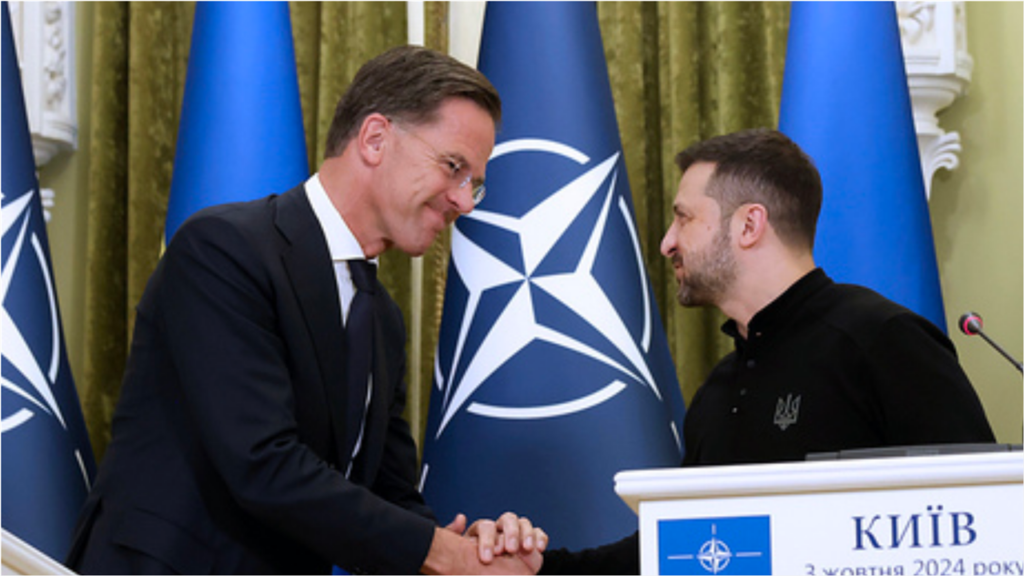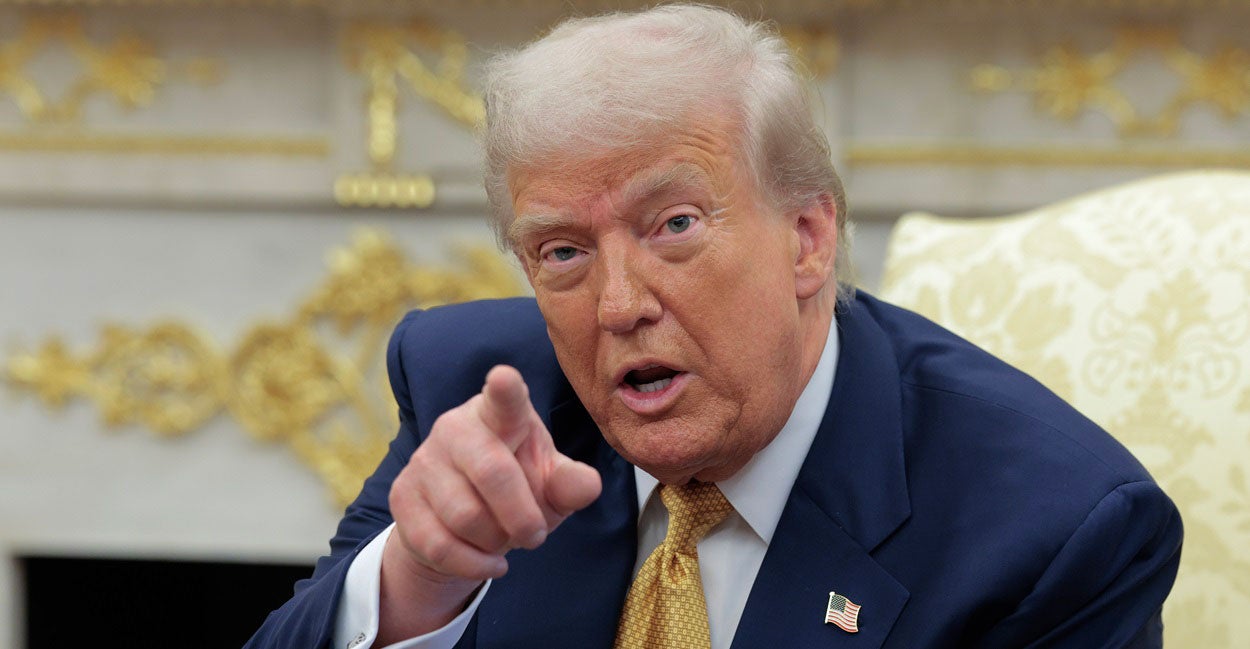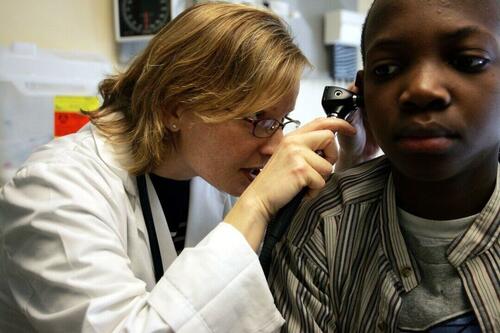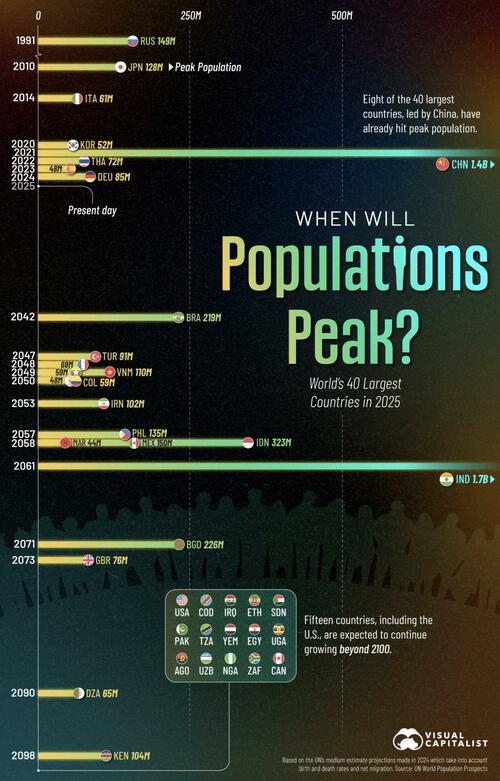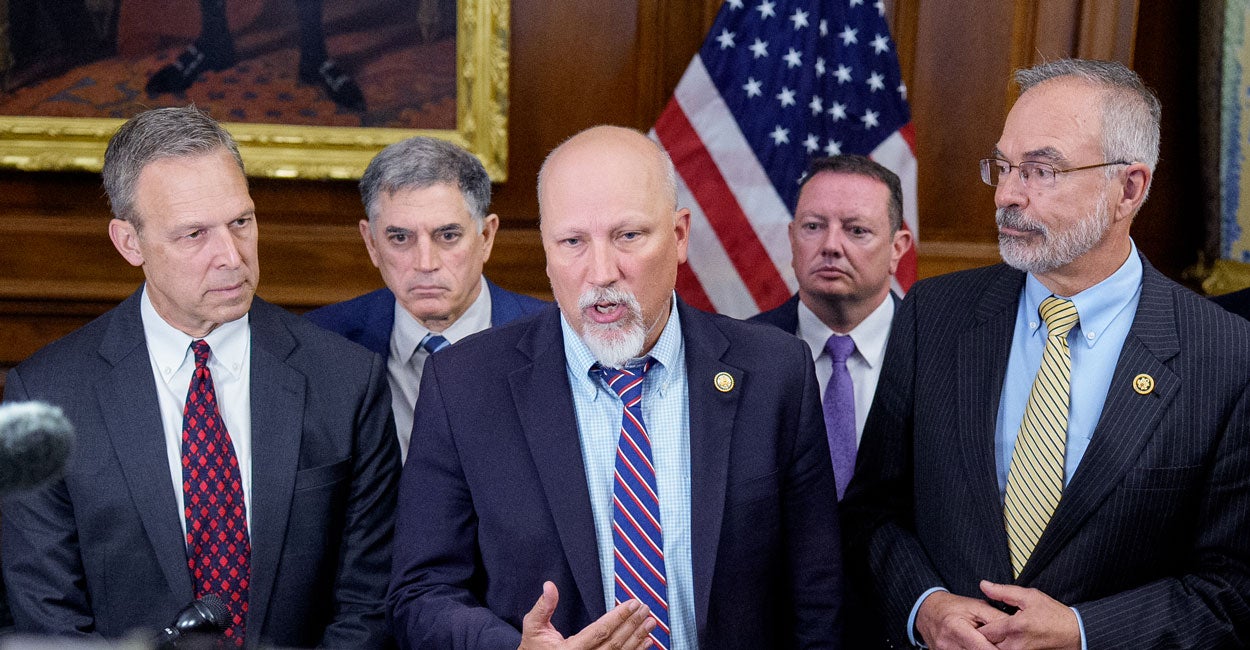Inside BBC Verify – Satellite view of Cyprus fires and analysing doctors’ pay row
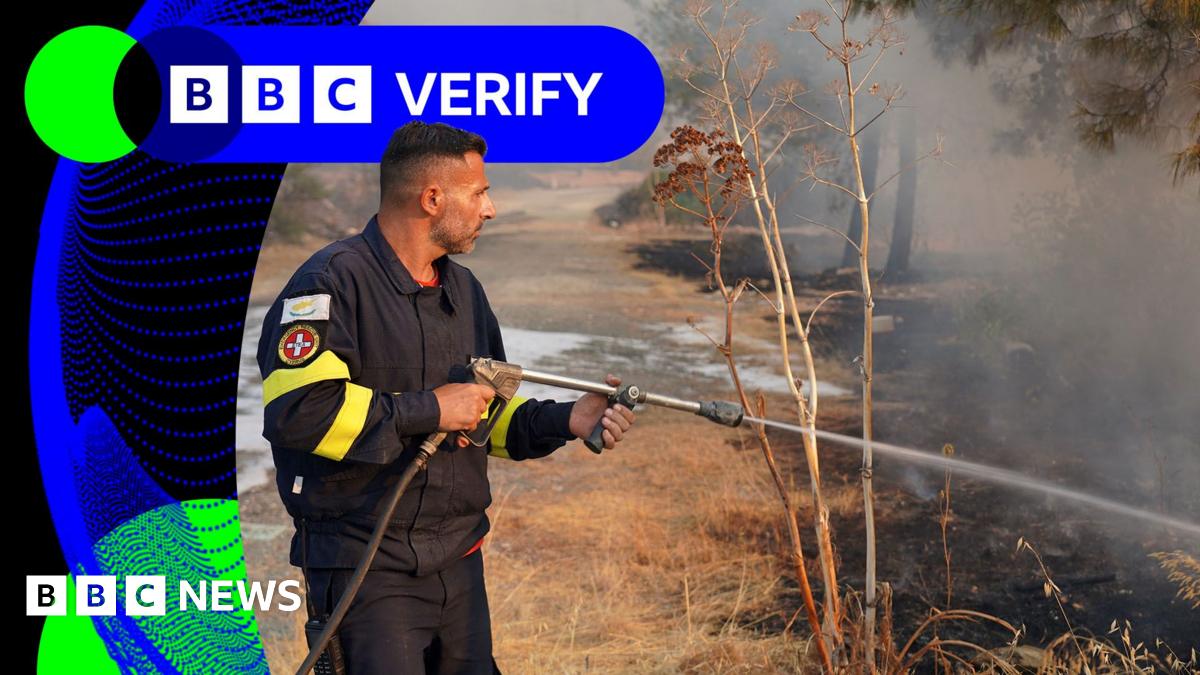
Aid organisation tells BBC Verify agreements with Israel not metpublished at 13:33 British Summer Time
 Merlyn Thomas
Merlyn Thomas
BBC Verify senior reporter
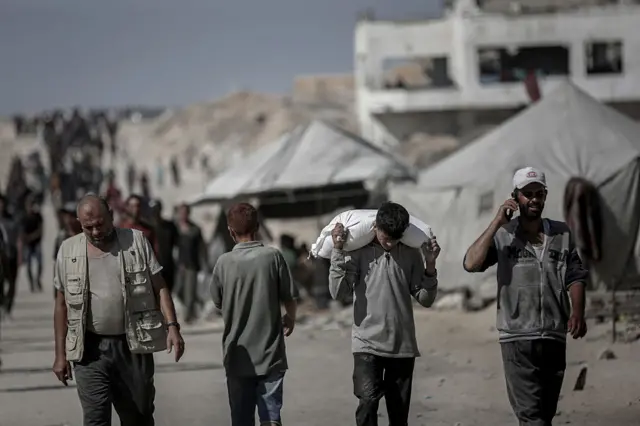 Image source, Getty Images
Image source, Getty Images
When we’re trying to better understand what’s happening on the ground in Gaza, we pull together as many sources of information as possible to piece the story together.
As well as speaking to Cogat, the Israeli body that coordinates co-ordinates aid inside Gaza, I’ve been speaking to humanitarian organisations to find out what’s happening to their supplies.
One official with a major aid agency – who spoke to BBC Verify on background, meaning that we agreed not to reveal their identity – said there were a number of agreements that the Israeli authorities had promised to fulfil in June.
However, they told us that Israel has so far failed to meet the agreements. They included:
- Increasing the minimum number of trucks allowed
- Faster clearances and permissions for aid trucks to move
- Creating more border crossing points
- No armed forces near near humanitarian convoy routes
- Ensuring safer routes
We reached out to both the IDF and Cogat about this but neither commented.
Fact-checking claims by Israeli government spokespersonpublished at 12:49 British Summer Time
 Merlyn Thomas
Merlyn Thomas
BBC Verify senior reporter
An Israeli government spokesperson has been speaking to BBC Radio 4’s Today programme this morning about the aid situation in Gaza.
In an at times heated interview with host Nick Robinson, David Mencer said: “There are one thousand trucks of aid waiting on the Gazan side” and blamed the aid agencies for failing to pick it up.
Mencer was echoing a claim made by the Israeli military earlier this week, when they posted drone footage purportedly showing dozens of parked lorries “currently waiting in Gaza” to be picked up by aid agencies.But this doesn’t tell the full story.
Humanitarian agencies say that even when aid trucks are allowed inside Gaza, they can’t move without permission by Israeli authorities, because they need to use routes agreed by the IDF for safety. They say the IDF has been reluctant to grant those permissions.
An analysis of UN figures by BBC Verify – illustrated below – found that Israeli officials have frequently denied permissions for aid lorries to move beyond those border crossings since May.
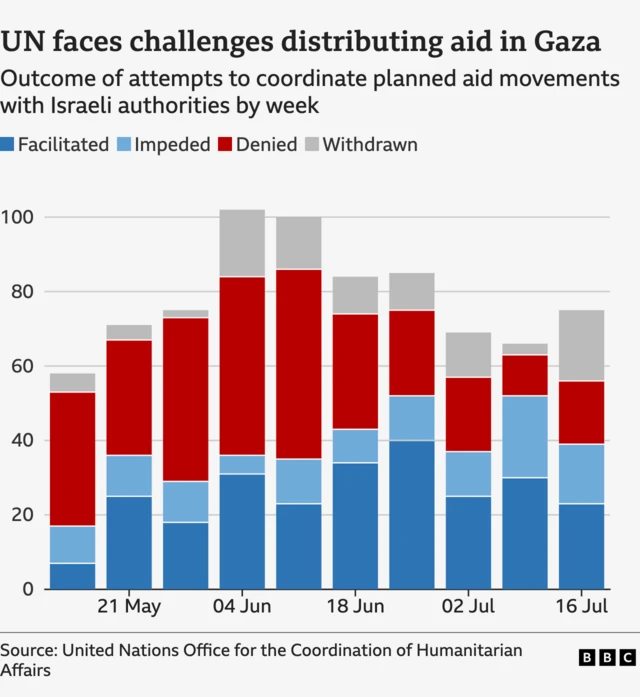
How widespread is recognition of Palestine?published at 11:59 British Summer Time
 Lucy Gilder
Lucy Gilder
BBC Verify journalist
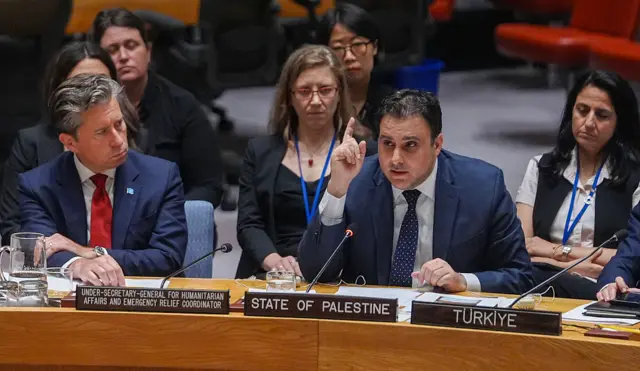 Image source, Getty Images
Image source, Getty Images
President Emmanuel Macron announced last night that France will officially recognise a Palestinian state in September, in a move that has angered Israel and the US.
Of the UN’s 193 member states, at least 147 recognise Palestine. More than 80 countries, including nations in the then-Soviet Union like Ukraine and Russia, recognised Palestine in 1988.
Most major Latin American economies, including Brazil, Argentina and Mexico, have all since established relations with Palestine.
Sweden was the first EU member in western Europe to recognise the state of Palestine 2014, and Spain, Ireland, Norway and Slovenia did so a decade later.
But many other powerful Western nations have been reluctant to do so.
France is just the the first of the large industrialised G7 countries to recognise Palestine. Others – including Germany, the UK and Canada – have expressed willingness to do so, but only in the context of a long-term two-state solution and not unilateral recognition.
What has happened to resident doctors’ pay?published at 11:05 British Summer Time
Resident doctors in England (formerly known as junior doctors), begin their five-day walkout in England today.
They say that pay is at the core of their dispute with the government.
But what has actually happened to their salary over the past 17 years? Our policy and analysis correspondent, Ben Chu, has been taking a look.
What’s happened to resident doctors’ pay since 2008?
Cyprus wildfires visible from spacepublished at 10:25 British Summer Time
 Paul Brown
Paul Brown
BBC Verify senior journalist
Satellite imagery taken yesterday over Cyprus has offered us our first aerial glimpse of wildfires in the south which killed two people.
In low-resolution imagery provided by Planet, smoke can be seen rising from at least three spots in a mountainous area of the Limassol district.
Planet routinely provides this kind of image quality, which allow us to monitor large-scale incidents like wildfires. While it’s not detailed enough to examine close-up damage or individual structures, it does allow us to monitor broader changes over time. Higher-resolution imagery is also released but not as often.
A spokesman for the fire service posted on X yesterday that there were “no active fronts” in the fire but intense “flare-ups” continued in the area, with inland temperatures forecast to hit 44 degrees.
Photographs from the ground also show burned out buildings and charred land in the affected areas.
The UK Foreign Office has advised tourists due to travel to Limassol or Paphos districts to ensure they have suitable insurance and contact their travel operators for advice.
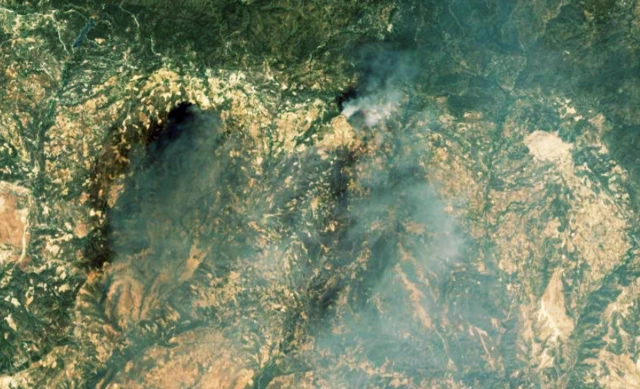 Image source, Planet Labs
Image source, Planet Labs
Good morningpublished at 09:45 British Summer Time
 Matt Murphy
Matt Murphy
BBC Verify senior journalist
Thanks for joining us at BBC Verify Live, its a busy morning here at our London newsroom. Our fact-checkers, verification experts and data journalists are looking at a wide variety of stories.
Authorities in Cyprus continued to fight fires on Thursday which have so far ravaged 100 sq km (40 sq m) of land and killed several people. We’ve been examining the latest satellite imagery from the island.
Last night President Emmanuel Macron announced that France will recognise Palestinian statehood at the UN. We will look at what that means, and how many other countries have already done so.
And our policy and analysis correspondent Ben Chu has been looking at the claims from the British Medical Association (BMA), which has vowed to push ahead with strike action over resident doctors’ pay.



